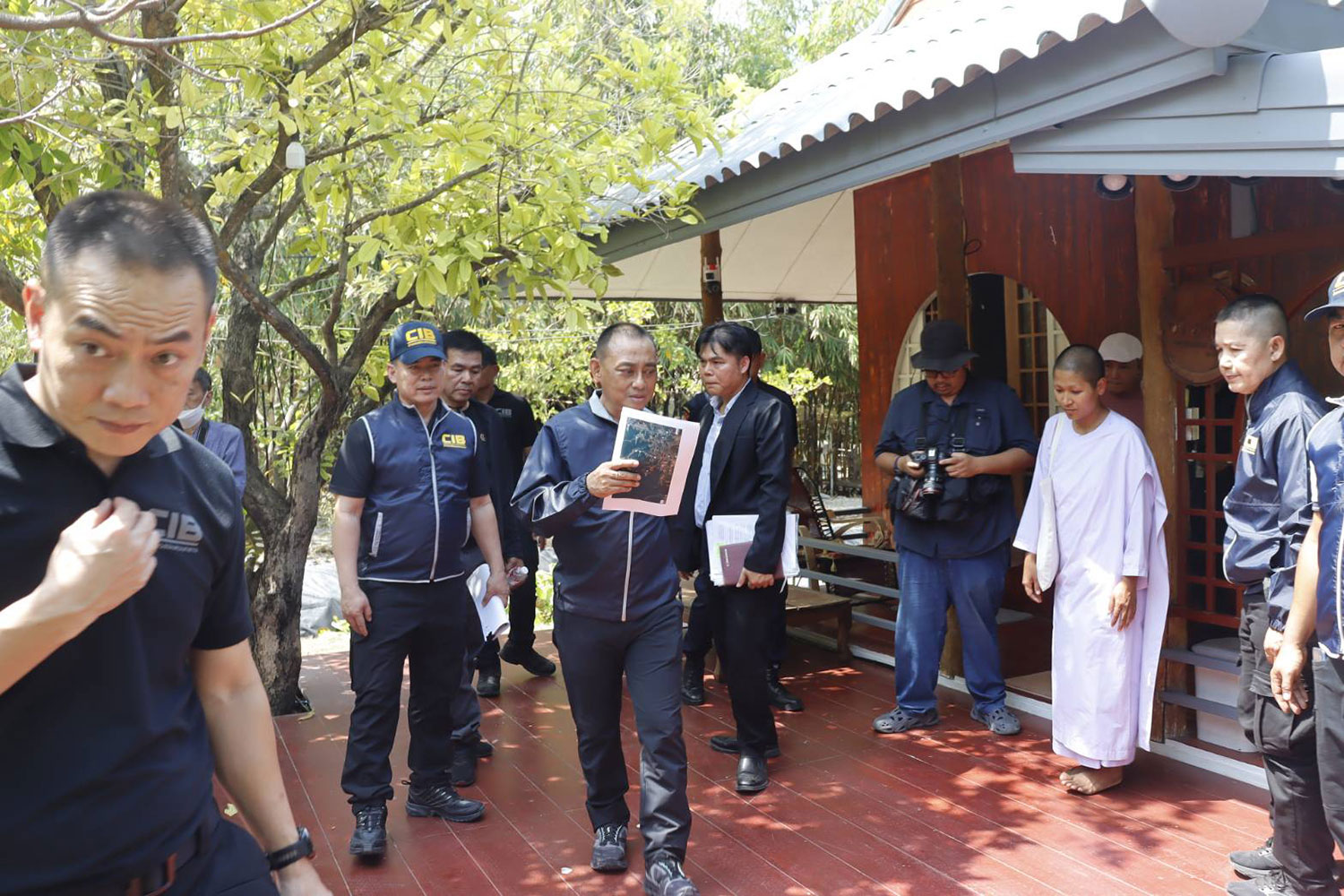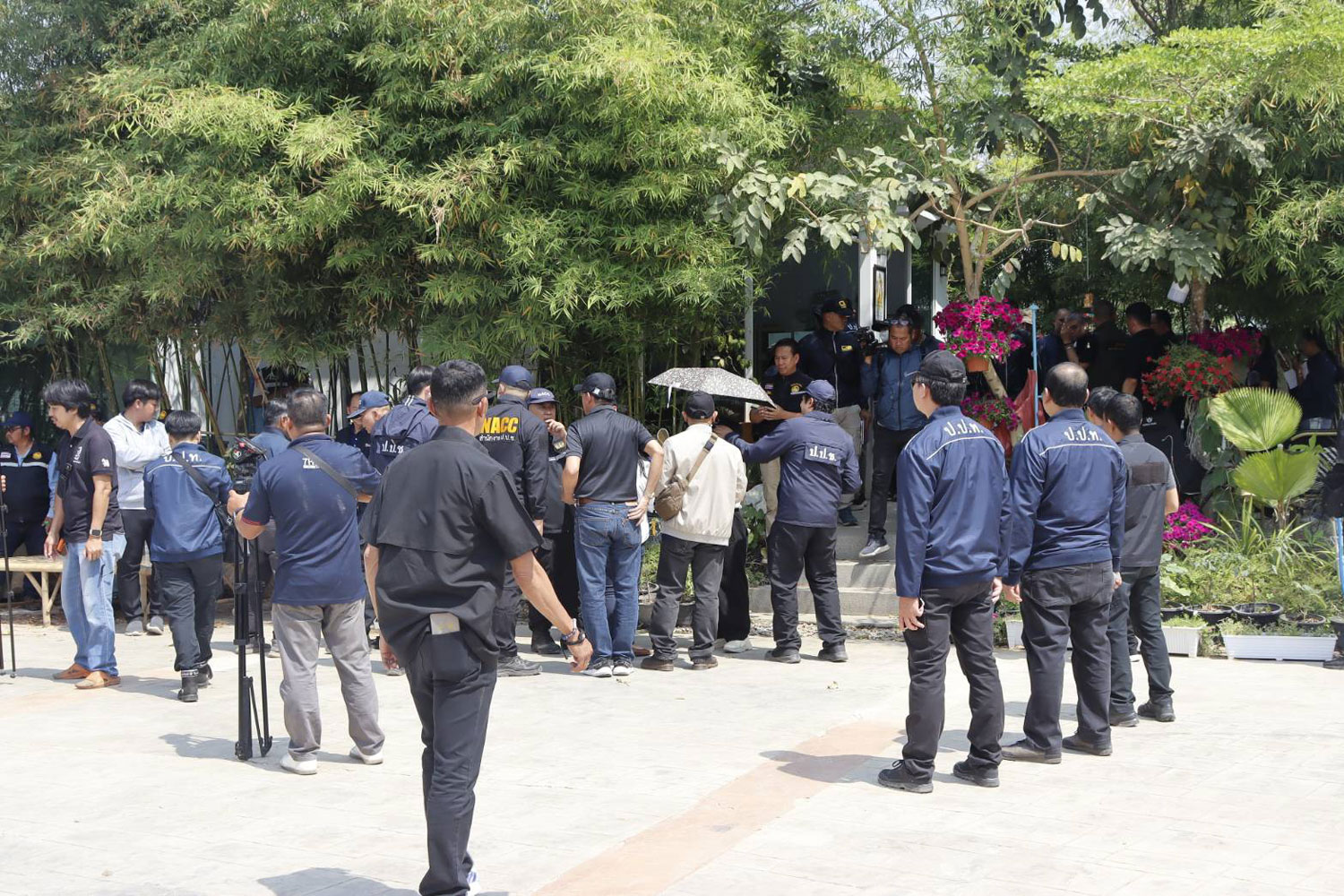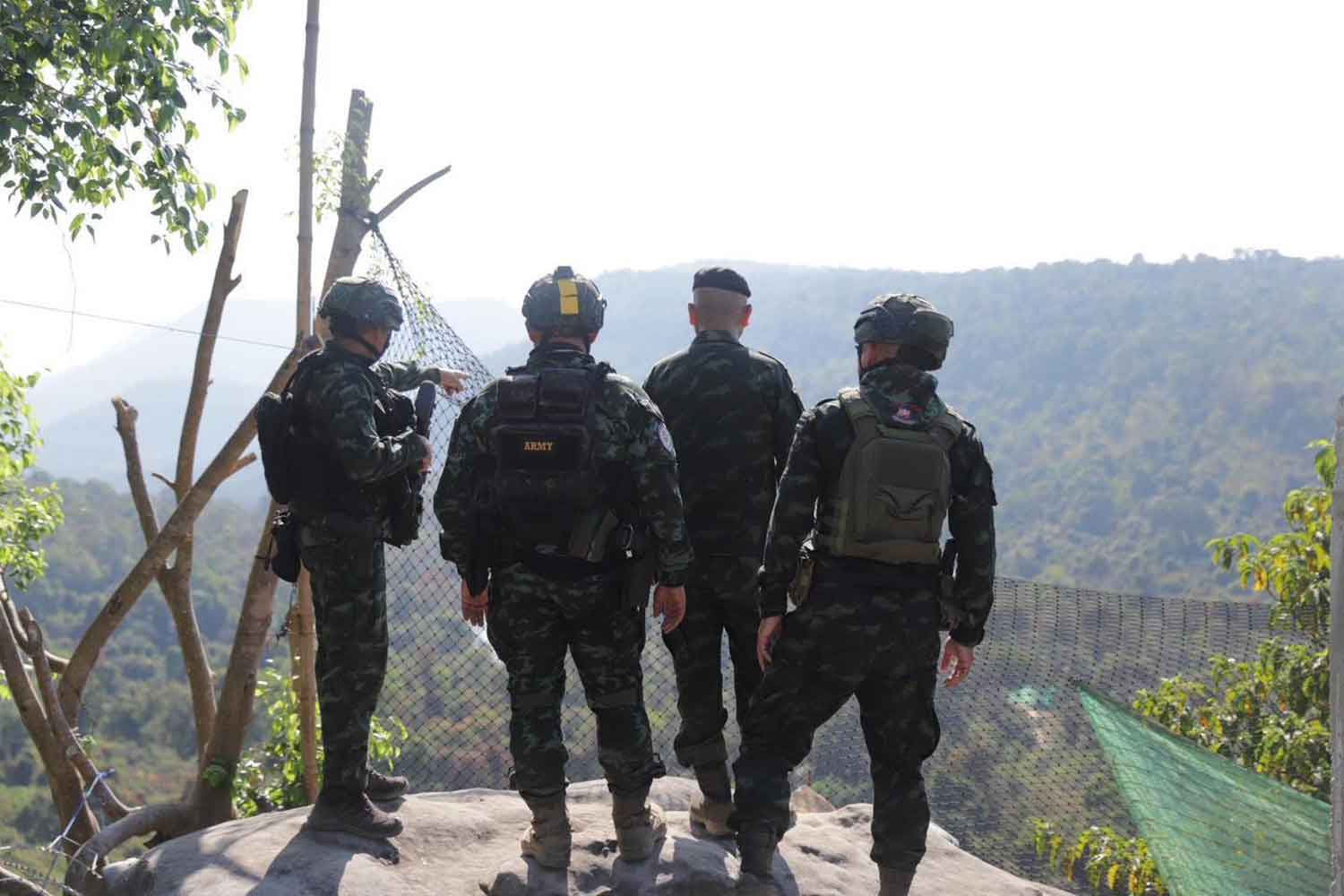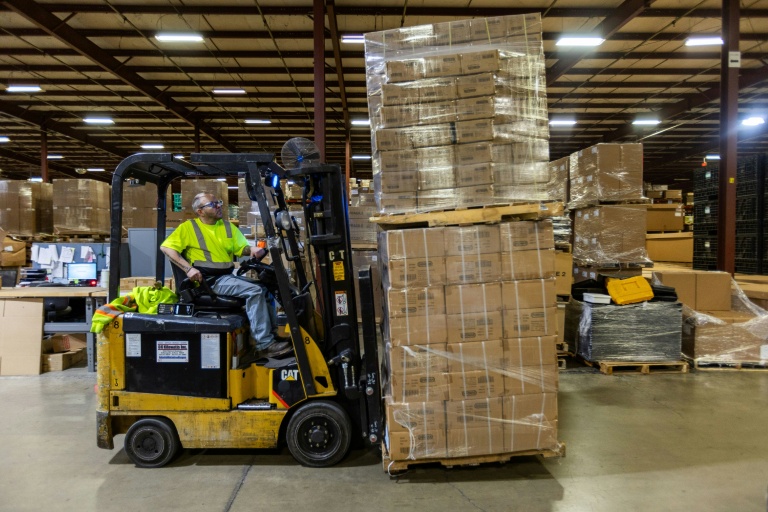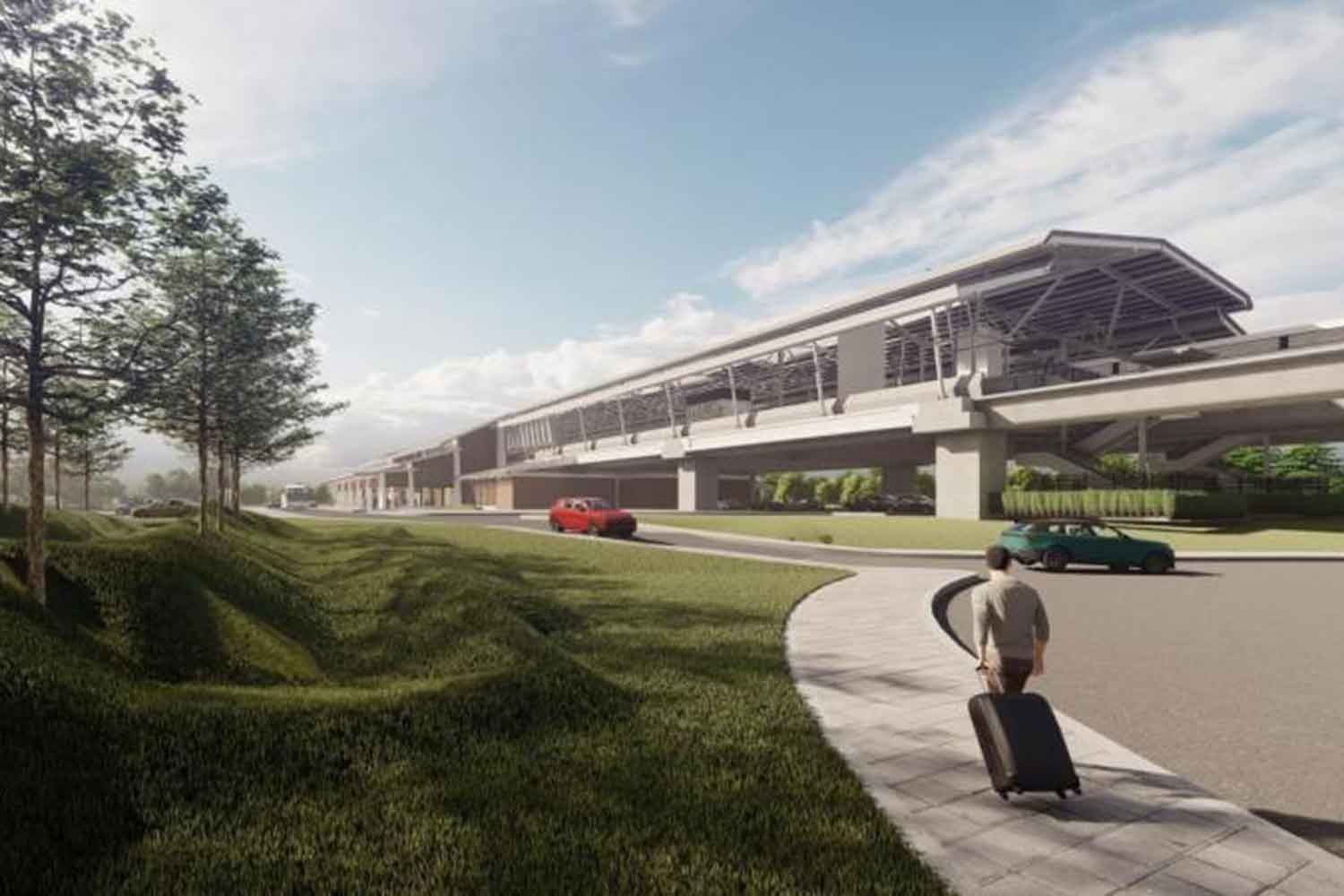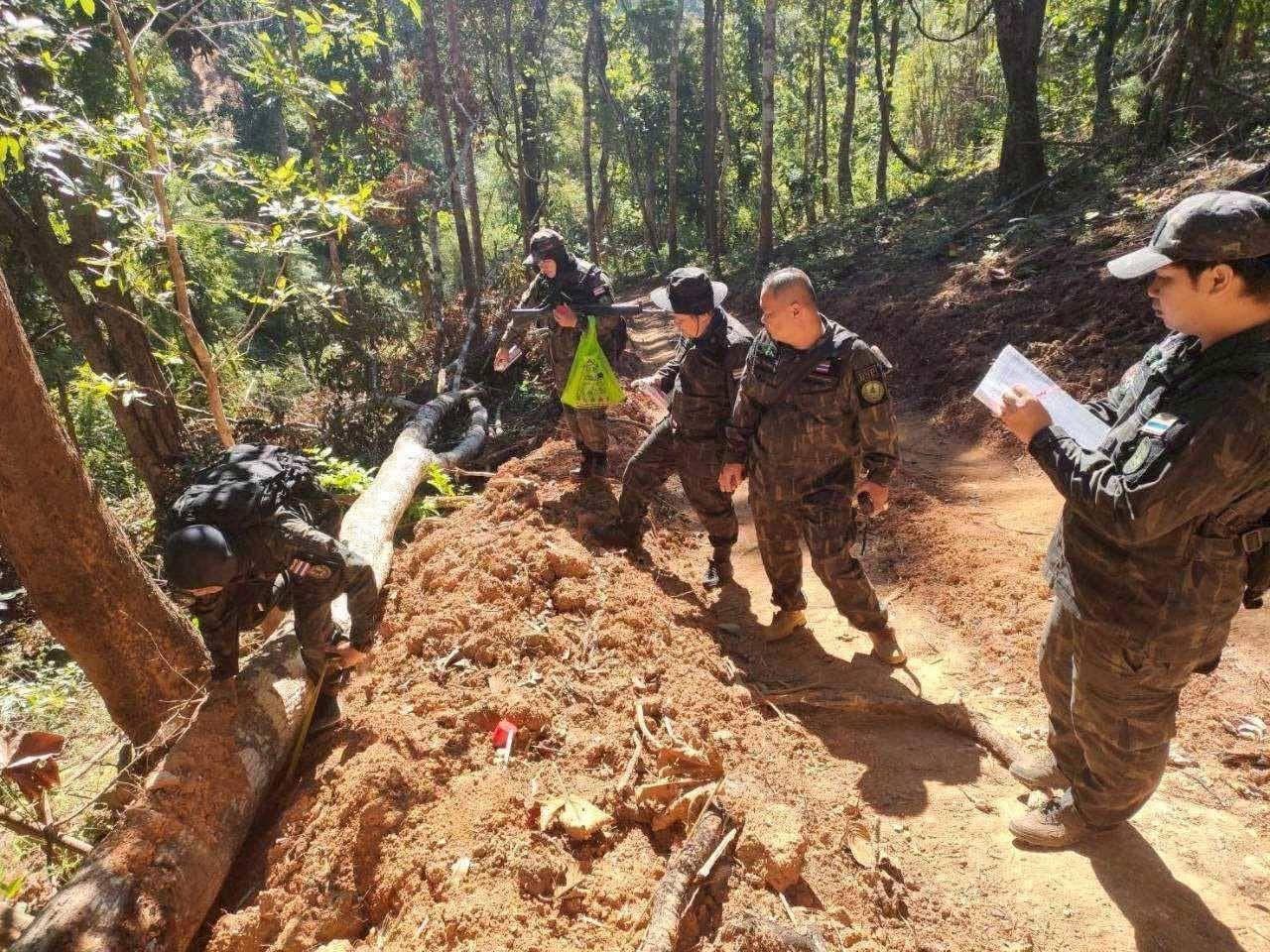Showing 1 - 10 of 10,000
Temple faces probe over land grab
News, Post Reporters, Published on 23/02/2026
» A Saraburi forest monastery is accused of illegally occupying more than 2,000 rai of state land to build meditation huts and host concerts.
Dead man walking
Business, Published on 23/02/2026
» Being labelled the "sick man of Asia" has forced Thailand to reassess the long‑standing problems causing its "chronic economic illness".
A new look at history education
Editorial, Published on 22/02/2026
» As the Election Commission has yet to endorse the outcome of the national election, the caretaking and presumptive Prime Minister Anutin Charnvirakul is actively presenting his vision and policies. His latest proposal involves revamping the teaching of national history.
Oceania Cruises® Unveils Oceania Sonata™, Its Next-Generation Ship for 2027
Published on 22/02/2026
» Oceania Cruises®, the world’s leading culinary and destination-focused luxury cruise line, recently unveiled Oceania Sonata, the latest expression of the brand’s signature blend of intimate, luxurious experiences. Set to debut in 2027, the vessel will be the first of four 1,390-guest ships in the new Sonata Class, representing the next chapter in the line’s continued evolution of its intimate, luxurious ship
Crackdown launched on reform-land misuse
Chairith Yonpiam, Published on 21/02/2026
» The Agricultural Land Reform Office (Alro) has instructed its provincial offices nationwide to intensify inspections of land use and take legal action against those occupying or exploiting reform land unlawfully.
Armed forces release border row white paper
News, Published on 21/02/2026
» The Royal Thai Armed Forces have reaffirmed their readiness to defend national sovereignty along the Thai-Cambodian border, releasing a white paper outlining facts and evidence in response to recent allegations by Cambodian leaders.
Small US firms wary but hopeful amid tariff upheaval
AFP, Published on 21/02/2026
» WASHINGTON - Small American businesses warned on Friday that a tougher trade landscape was here to stay, as the Supreme Court’s rejection of sweeping tariffs was quickly followed by President Donald Trump’s pledge to impose new duties.
Three-airport rail project lurching forward
News, Post Reporters, Published on 21/02/2026
» The State Railway of Thailand (SRT) has reported progress on efforts to break a six-year deadlock affecting the high-speed rail project linking three airports, with revised contract terms expected to be submitted to the new cabinet for approval later this year.
Illegal roads in wildlife sanctuary investigated
News, Apinya Wipatayotin, Published on 21/02/2026
» The Department of National Parks, Wildlife and Plant Conservation (DNP) has pledged a full investigation into alleged illegal road construction in protected forest areas in Mae Hong Son.
High risk as mercury rises
News, Editorial, Published on 21/02/2026
» On Monday, Thailand will officially enter the hot, or summer, season. The Ministry of Public Health has warned citizens and businesses to prepare for what is expected to be a more severe summer than last year, due to rising global temperatures.




